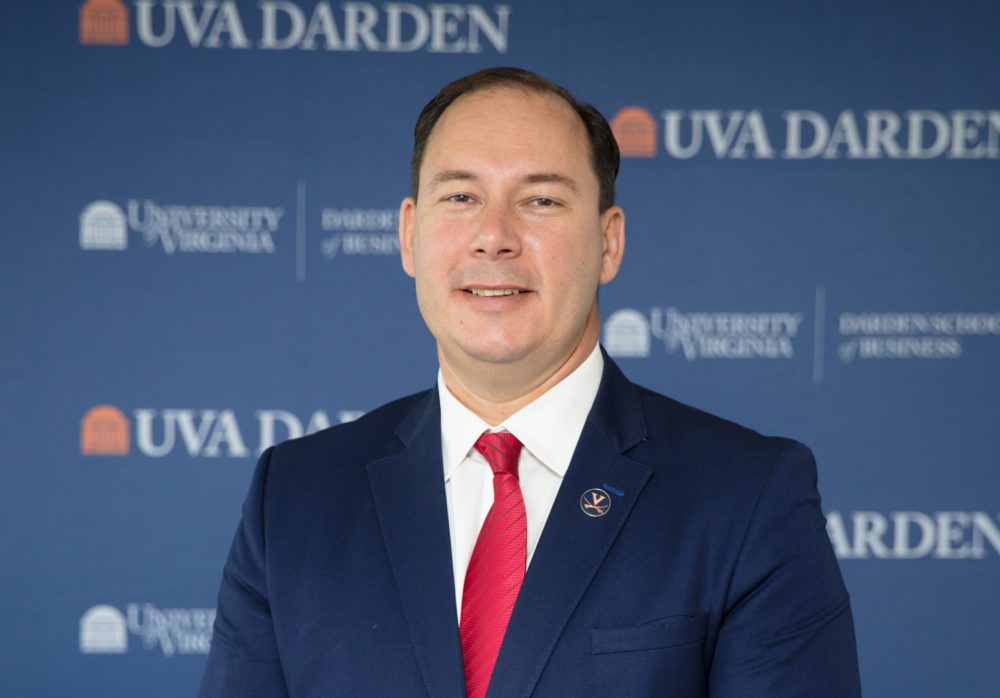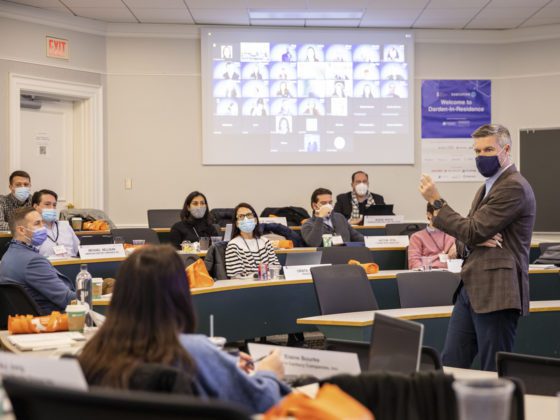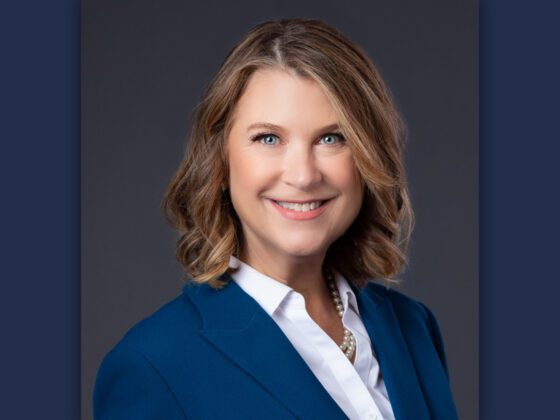Shaun Rozyn is a Managing Director in the Client Solutions Team at UVA Darden Executive Education & Lifelong Learning (EELL), working with leading corporations and associations to help them build differentiated strategic capabilities by designing and delivering high impact programs. With over 17 years’ experience in global executive education, Shaun has the unique perspective of having been both the Head of Executive Development at a global Fortune 300 company and a buyer of executive education services working at two leading global business schools.
Shaun led the team that won two gold medals in the 2022 Brandon Hall Human Capital Excellence awards for his co-design of the Money Management Institute’s Executive IQ program for the future leaders of the asset management, wealth management and FINTECH industries in North America.
Shaun has represented Darden EELL in over 15 countries, delivered programs spanning leadership development, strategy execution, operational excellence, digital transformation and leading through disruptive change to mention a few. He has worked across multiple sectors including asset and wealth management, retail, high technology, financial services and banking and consulting. We asked him to share some insights on his career:
You have worked in global executive education for over 17 years, why are you so passionate about the work you do?
I truly believe that the world does not have a human talent shortage, it has a shortage of opportunities and the circumstances to reveal human talent. My continent of birth, Africa, is a prime example – the lack of educational opportunities, wars and conflicts, and institutional voids are inhibitors for talent to be identified, developed and elevated. This holds especially true for woman on the continent. I believe (executive) education can be a key driver of human and economic development allowing geographies like Africa, SE Asia and the Middle East to springboard to more sustainable levels of human prosperity.
I truly believe that the world does not have a human talent shortage, it has a shortage of opportunities and the circumstances to reveal human talent.
Hailing from South Africa, I draw on our former President, Tata Nelson Mandela who said: “Education is the great engine of personal development. It is through education that the daughter of a peasant can become a doctor, that the son of a mine worker can become the head of the mine, that a child of farm workers can become the president of a great nation. It is what we make out of what we have, not what we are given, that separates one person from another.”
I also believe every new client engagement is a privilege. It is a privilege to work with the executive committee of complex global organizations to hear firsthand about their biggest opportunities and challenges and then to be trusted as a partner to build solutions to address these issues. I believe businesses are powerful institutions driving innovation and progress, and business education allows leaders at different levels to lead this change and deliver the shared value for all stakeholders of the firm.
You work in a business school, but you have also led an executive development function within a large corporation. How does this impact how you engage clients and design learning interventions?
I would answer this question from two perspectives. First, organizations are very good at diagnosing their capability gaps, be it skills or structure. How to solve these challenges is often less clear. Also, a learning intervention is often not the only part of the solution so it’s imperative that we ask great questions and unpack the issues to design an integrated and value-adding solution.
Second, learning solutions often touch multiple divisions and functions in the business. In HR alone, depending on the size of the organization, we might work across the HR Business Partner group and HR Services team and then work with Centers of Excellence including talent selection, learning and development, organizational development and career development teams. My corporate experience allows me to ask critical questions to understand the key issues to be solved and how to design integrated solutions that bring together the multiple stakeholders in the business.
You have lived on three continents and travelled to over 40 countries. How does this impact how you work with clients?
Firstly, I believe I have built a spectrum of approaches that can be applied in working with clients from different geographies and cultural circumstances. The directness in co-designing a learning solution may be very different in Holland versus Brazil. If a client talks about its operations in Asia, Africa and the Middle East, it helps that I have worked in those regions and understand how a leadership or capability development program may be tweaked and how to work with our faculty team to reflect the context and nuances in the learning program.




